US besieging Lebanon while displaying fake remorse over economic crisis: Cleric
The vice president of the Lebanese Shia Islamic Assembly has blamed the United States for Lebanon’s spiraling economic crisis and political instability, saying Washington is displaying hypocritical remorse for the conflict while it is actually behind the sufferings of the Lebanese people itself.
On Wednesday, Sheikh Ali al-Khatib called on Lebanese officials to fulfill their responsibilities and alleviate the public miseries by agreeing to form a government as soon as possible.
“Everyone knows that the US government is boycotting and besieging Lebanon, and pressuring Lebanese politicians not to gravitate towards Syria, Russia, Iran and China,” he said.
“At the same time, the United States is showing false remorse for the Lebanese nation. It expresses bogus concern for Lebanese citizens despite the fact that it is fully supporting its Zionist ally,” Sheikh Khatib added.
He said the axis of resistance has made great achievements in confronting enemies and colonial powers, which are seeking to exercise trusteeship over Arabs and the region once again.
Sheikh Khatib added that the colonialists’ scenarios regarding the destruction of Lebanon, Syria and Iraq have fallen short, and the failure of former US president Donald Trump’s so-called ‘Deal of the Century’ for the Palestinian-Israeli conflict crushed their dream of creating a “Greater Israel.”
Moreover, the colonial powers’ attempts to Judaize occupied Jerusalem al-Quds failed miserably as Palestinian resistance fighters emerged victorious in Operation Al-Quds Sword, which they launched last May in retaliation for Israel’s acts of aggression, the senior Lebanese cleric said.
“Today, we are witnessing the defeat of neo-colonialism in our country. Colonialists have opted to utilize soft power and exert economic and political pressure against Lebanon after having failed to subdue our nation militarily,” Sheikh Khatib added.
“The only way to stop the financial collapse and curb the economic deterioration [in Lebanon] is to form a reformist salvation government, which would return looted public assets, activate state institutions as well as their supervisory and judicial bodies, and preserve the value of the national currency,” he said.
Lebanon’s economic and financial crisis is the gravest threat to the country’s stability since the 15-year civil war ended in 1990.
The crisis is mostly linked to the sanctions that the United States and its allies have imposed on Lebanon as well as foreign intervention in the Arab nation’s domestic affairs.
Sanctions have arguably become the US’ weapon of choice to combat its rivals and Lebanon is on the front line of the growing financial war waged by the US.
Over 250 of Washington’s sanction targets are in Lebanon or related to the country. This number has been growing quickly, while US sanctions continue to snowball in neighboring Syria and the region.
According to Hicham Safieddine, a lecturer on the history of the modern Middle East at King’s College London, US sanctions involving Lebanon “have seriously undermined the stability of the banking sector by creating a chilling effect, and reduced the inflow of foreign capital.”
Compounding the woes, Saudi Arabia has imposed its own sanctions, including banning its citizens from traveling to Lebanon where Riyadh-backed elements have been jockeying for position.
Last April, Saudi Arabia announced the suspension of fruit and vegetable imports from Lebanon, claiming shipments were being used for drug smuggling.
Nasser Qandil, editor-in-chief of Lebanon's al-Binaa newspaper, told Press TV at the time that the actual reason behind the prohibition was “political motivation,” saying if Riyadh actually wanted to fight drug trafficking it could easily act through its ambassador in Beirut and contact the relevant Lebanese officials.
Two MKO terrorists captured for roles in foreign-backed riots in Tehran
Trump source of ‘provocative, absurd’ messages on recent Iran riots: Envoy
‘French army fits in one football stadium’: Politician mocks troop deployment to Ukraine
At least 40 Palestinian journalists being held in Israeli prisons: Advocacy group
US delivers more F-35 jets to Israeli regime despite Gaza truce violations
Blair distances himself from Trump’s $1bn ‘Board of Peace’ fee
US Justice Department refuses probe into killing of Minneapolis mother
VIDEO | Israel Gaza ceasefire violations


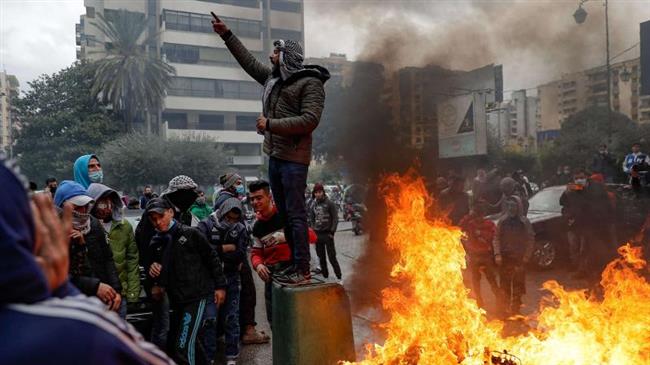
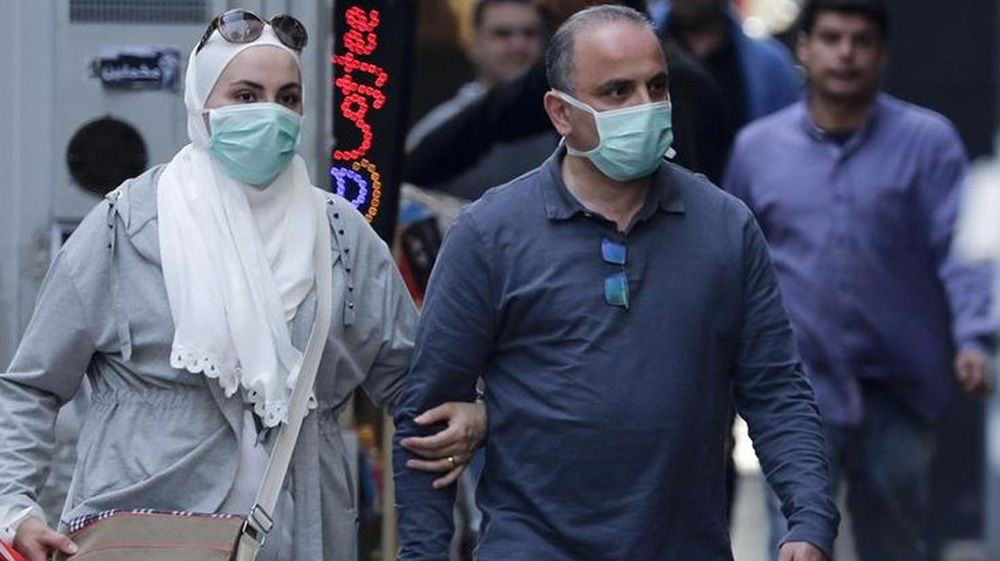
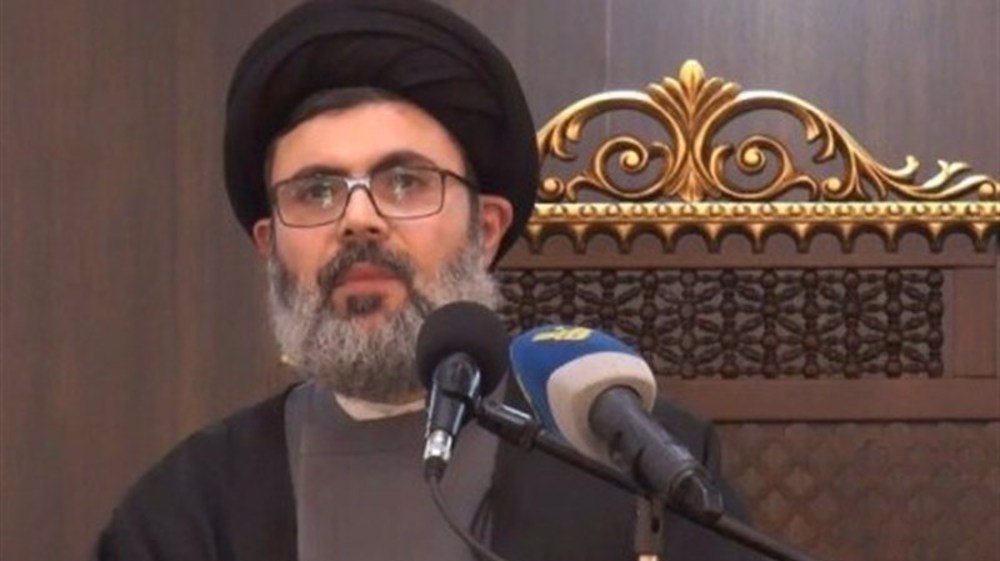
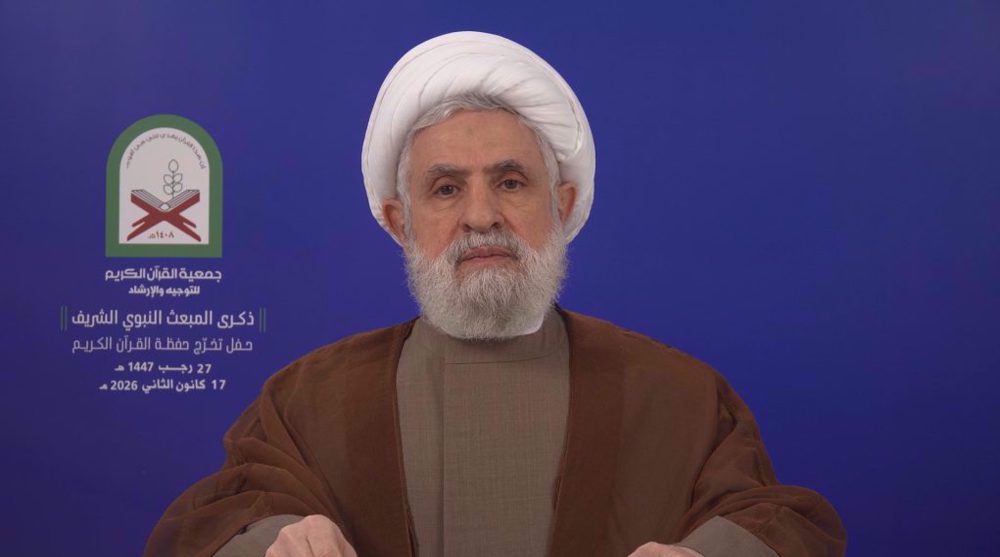
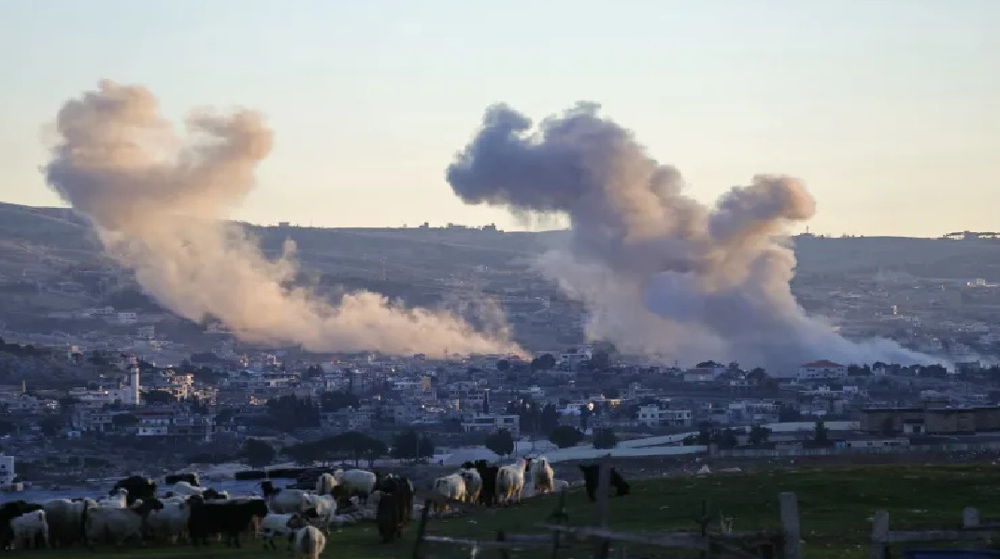
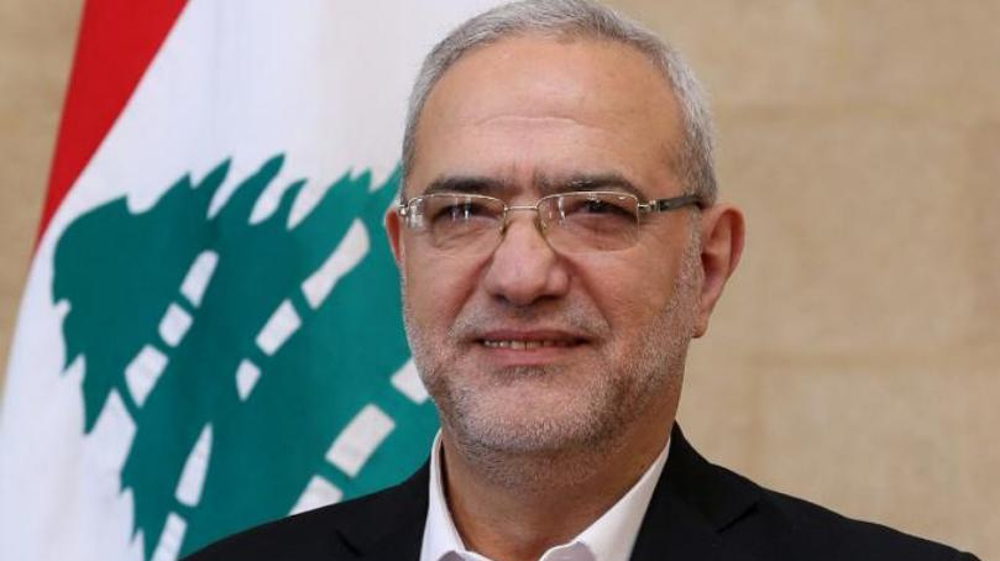



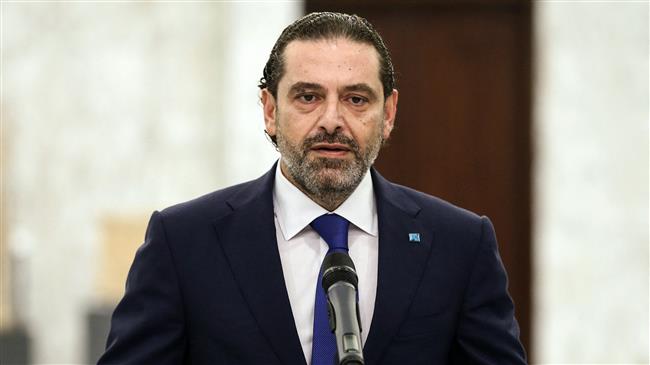
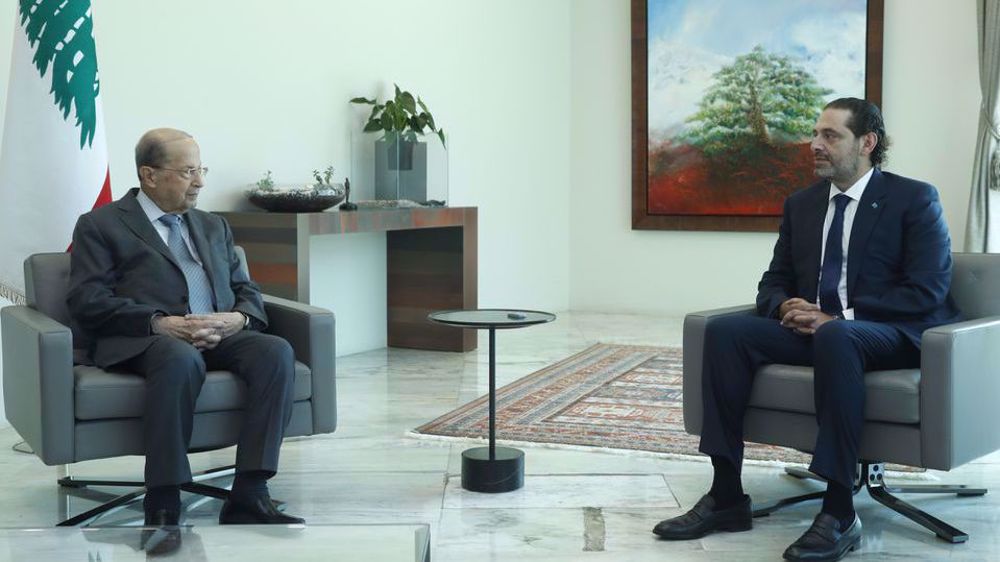
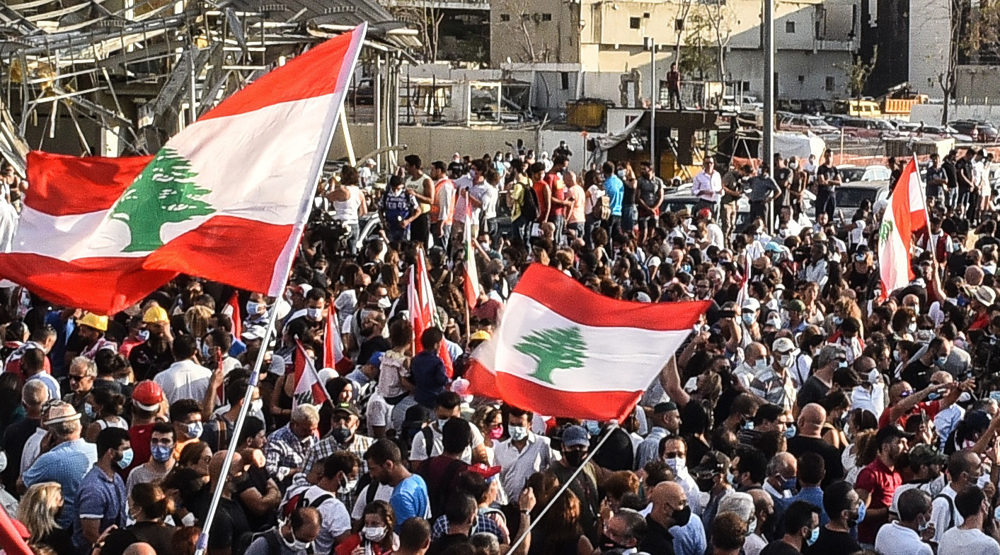
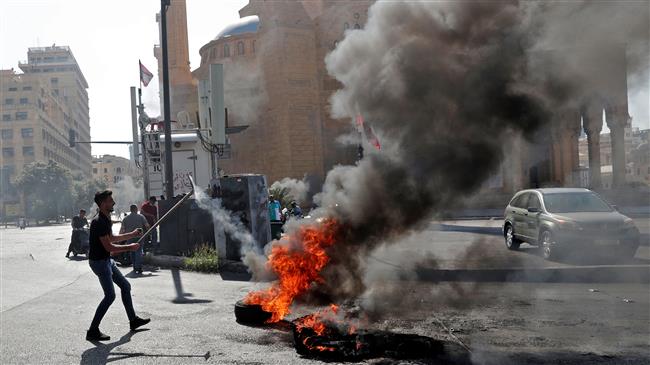
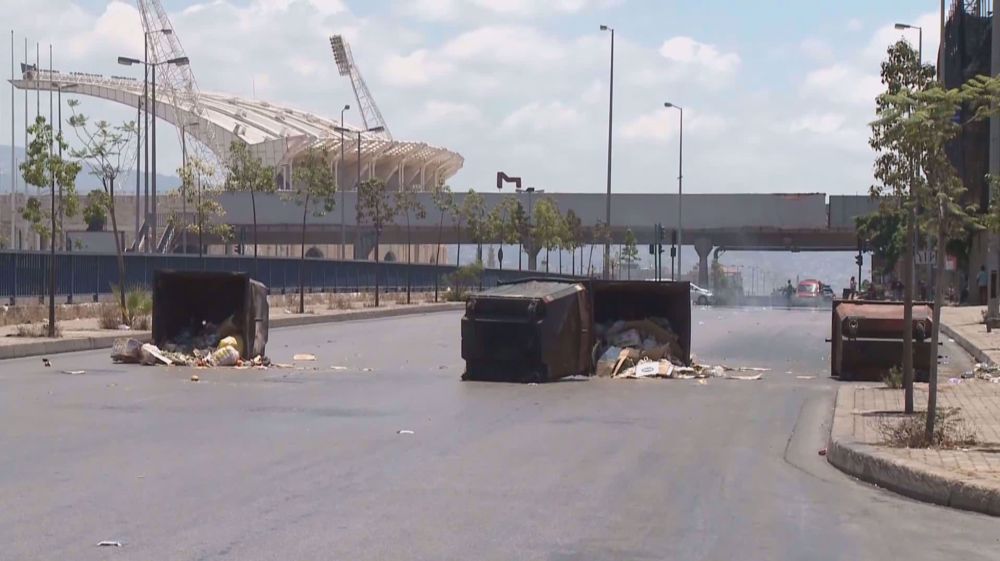
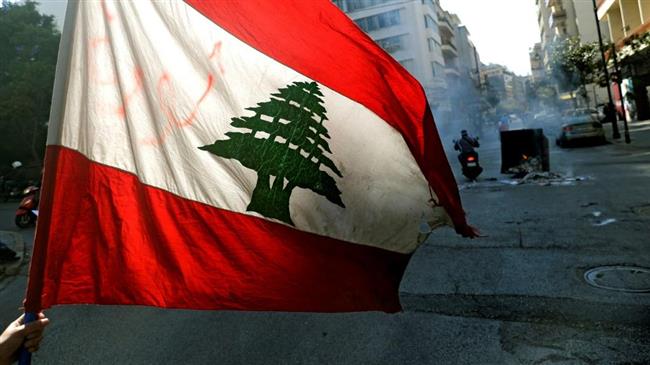
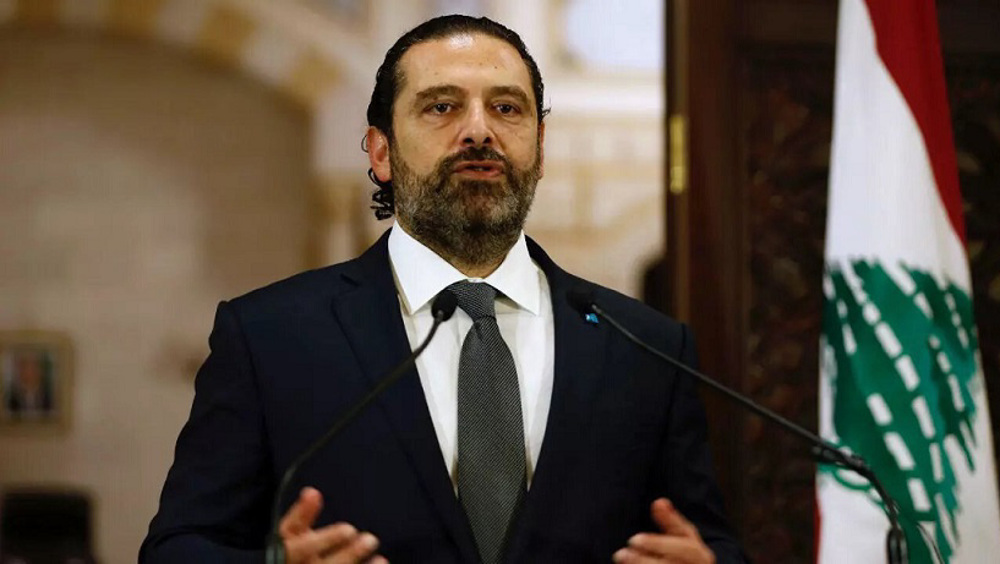

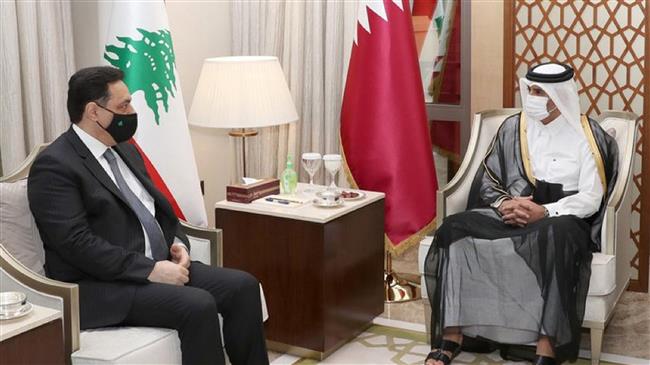

 This makes it easy to access the Press TV website
This makes it easy to access the Press TV website